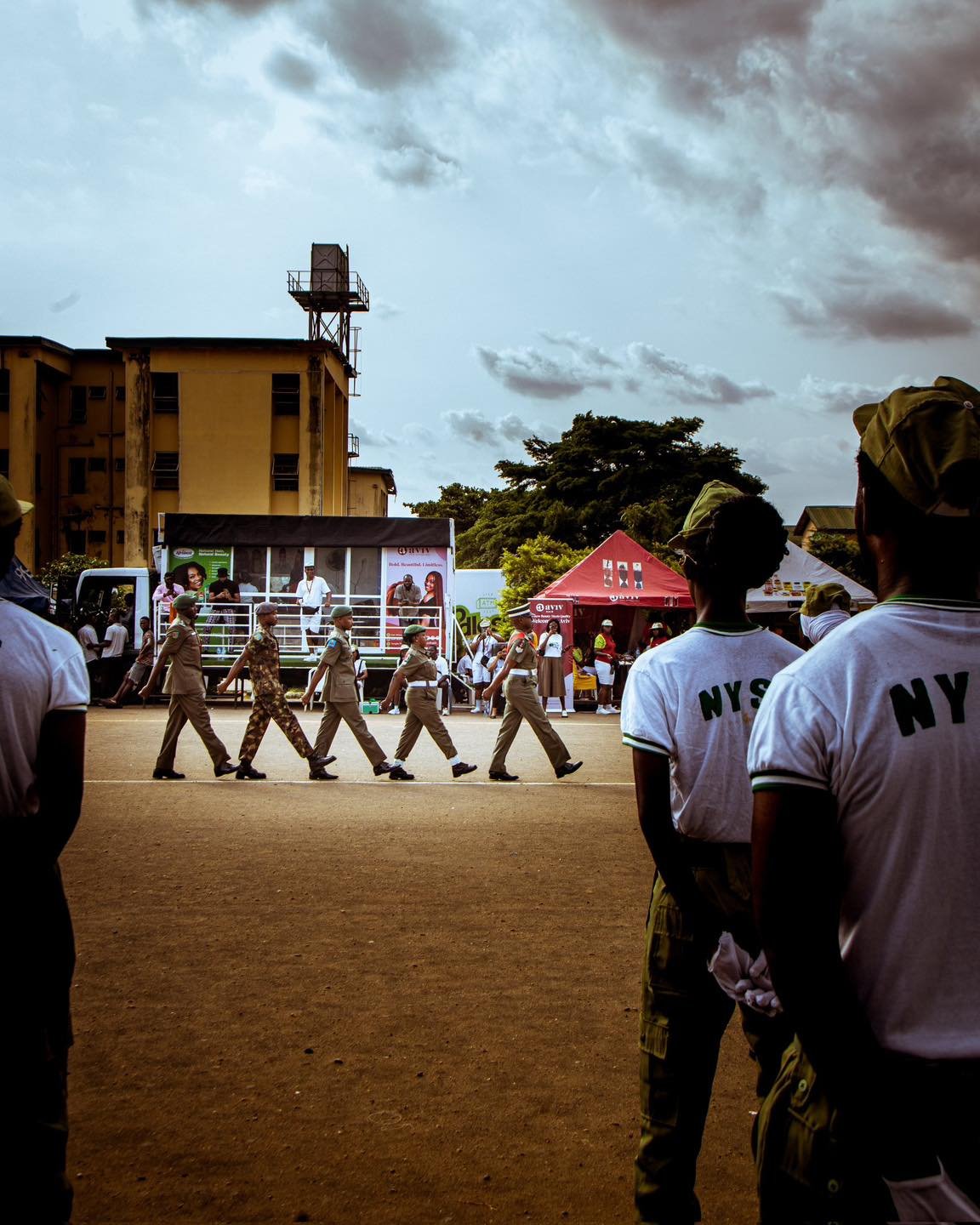Despite the digital age, many Nigerian universities still submit hard copies of graduate lists to the NYSC as part of the mandatory mobilization process. This practice persists because the NYSC requires physical verification and authentication of academic documents to combat fraud, ensure data accuracy, and maintain a tangible audit trail. While institutions upload details electronically, the hard copies serve as official backup records that can be cross-checked against the digital submissions.
This guide explains why schools continue this tradition, the specific documents involved, and how delays in physical submissions can affect your mobilization timeline. Whether you’re a fresh graduate awaiting call-up or simply curious about NYSC’s verification protocols, here’s what you need to know about the role of hard copies in the mobilization process.
Why Are Schools Sending Hard Copies To NYSC
1. Verification and Authenticity
One of the primary reasons schools submit hard copies to NYSC is to ensure the authenticity of graduate records. While digital submissions are convenient, hard copies serve as a physical backup to prevent fraud or manipulation of data. NYSC relies on these documents to:
-
Cross-check names against the institution’s official records.
-
Verify accreditation status of courses and institutions.
-
Prevent mobilization of unqualified graduates, such as those not properly matriculated or with fake credentials.
In cases where discrepancies arise (e.g mismatched names or unapproved courses), NYSC can refer to the hard copy for clarification before finalizing the mobilization list.
2. Compliance with NYSC Mobilization Guidelines
NYSC mandates that institutions follow a structured mobilization process, which includes:
-
Submission of a Senate-approved list (soft and hard copies) to NYSC headquarters.
-
Physical verification of documents to confirm that graduates meet eligibility criteria (e.g., age, academic completion) .
This dual submission (digital + physical) acts as a failsafe to ensure that only qualified graduates are mobilized. Without the hard copy, NYSC risks processing incomplete or fraudulent data, which could lead to legal and administrative complications .
3. Resolving Technical and Logistical Challenges
Despite advancements in digital systems, Nigeria’s ICT infrastructure remains unreliable. Schools may face issues such as:
-
Portal failures during uploads, delaying mobilization.
-
Cyber threats (e.g., hacking or data corruption).
-
Limited internet access in some institutions.
Hard copies provide a tangible record that NYSC can fall back on if technical issues disrupt the online submission process. For example, in 2021, LAUTECH graduates faced delays because their school couldn’t upload the soft copy on time, emphasizing the need for physical backups .
4. Legal and Archival Requirements
NYSC operates under the NYSC Decree of 1993, which emphasizes thorough documentation for accountability. Hard copies:
-
Serve as legal evidence in disputes (e.g., certificate forgery).
-
Are archived for future reference, especially for exemption claims or revalidation of service records .
-
Help foreign-trained graduates verify their credentials during physical evaluation in Abuja .
5. The Role of Institutions in NYSC Mobilization
Schools play a pivotal role in ensuring smooth NYSC mobilization by:
-
Compiling internal mobilization lists (checking names, courses, and graduation dates) .
-
Submitting corrected print-outs to NYSC after student verification .
-
Distributing exemption certificates (for ineligible graduates) directly to students
Failure to submit hard copies can lead to mobilization delays, as seen in cases where PCMs couldn’t register online because their schools hadn’t sent physical lists to Abuja.
Conclusion: Is the Hard Copy Submission Outdated?
While the process may seem archaic, hard copies remain a critical layer of security and compliance in NYSC mobilization. However, as Nigeria’s digital infrastructure improves, NYSC could explore block chain-based verification or centralized databases to reduce reliance on physical documents. For now, graduates must ensure their schools adhere to both digital and hard copy requirements to avoid service delays







